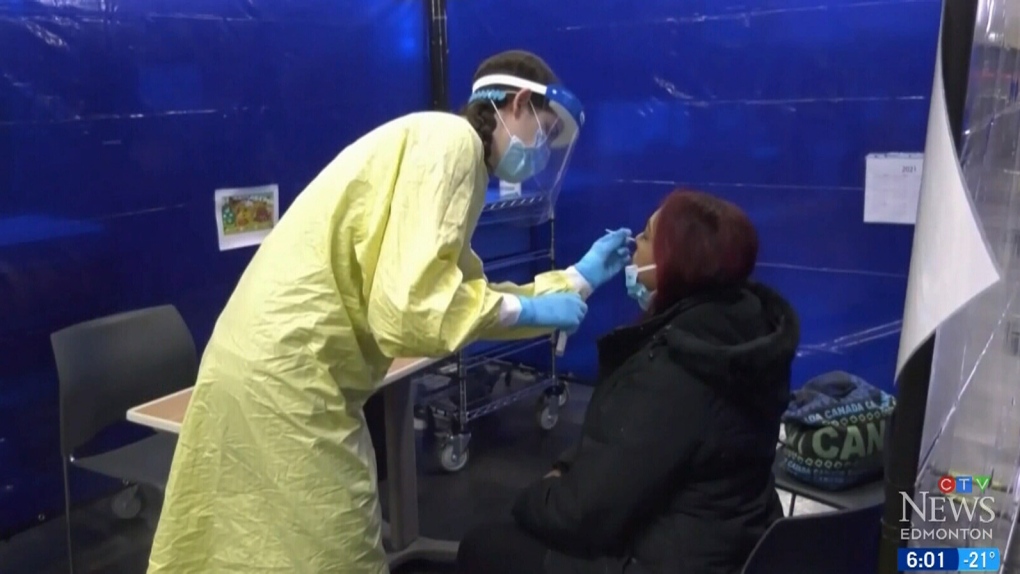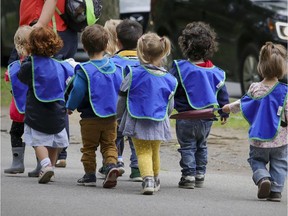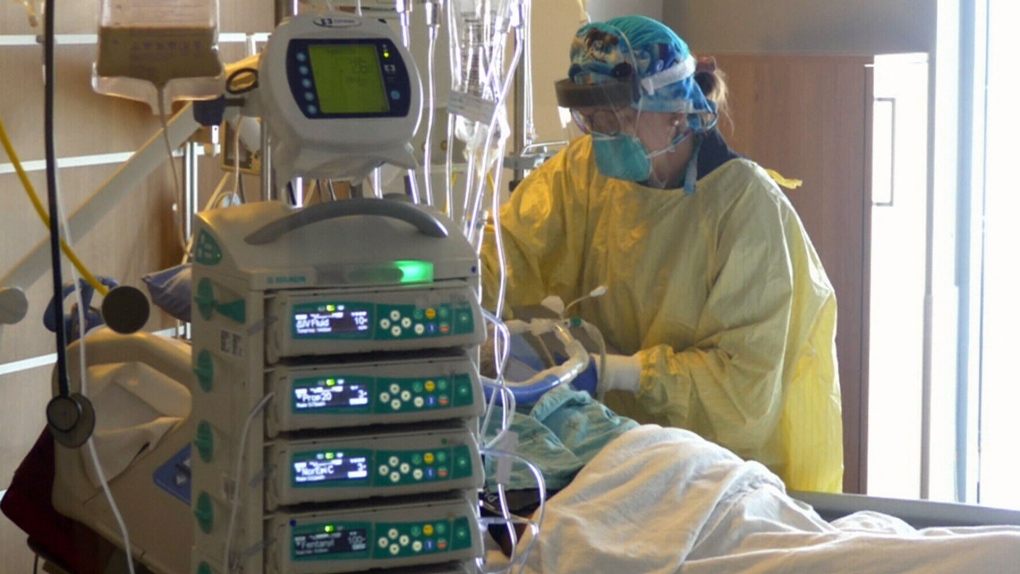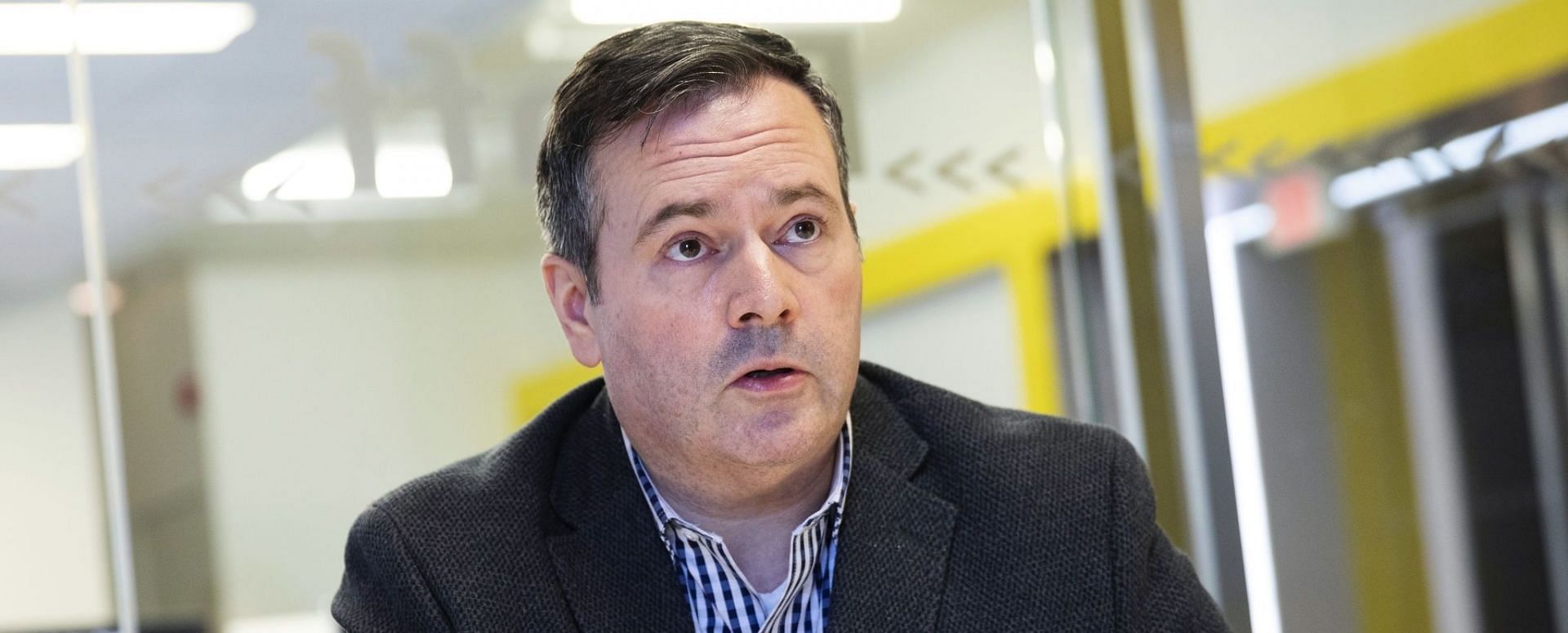UNCONCERNED CONTRARIAN PARTY
'Impossible situation': Experts worry about changes to COVID-19 testing in Alberta

CTV News Edmonton
Updated Dec. 24, 2021
Changes to Alberta's COVID-19 testing protocols raised concerns about the lack of an accurate case count as rapid antigen tests take on a more significant role, experts warn.
The province's top doctor announced changes to COVID-19 testing Thursday as active cases increase.
Alberta Health now recommends that you no longer book appointments to get a PCR test if you have a rapid testing kit.
If you are symptomatic and test positive on a rapid test, notify any close contacts from the last 48 hours and isolate for 10 days or until symptoms resolve — whichever is longer.
If you're symptomatic and test negative on a rapid test, wait 24 to 48 hours and take a second rapid test. Should that test come back negative, remain in isolation until symptoms are gone.
The exceptions to the new testing recommendations are if you do not have access to rapid tests, work in high-priority settings like health care, or have a high-risk condition.
"As Omicron is spreading farther and faster than anything we've ever seen before, and no one in Canada will be able to maintain PCR testing for every community case with mild symptoms," said Dr. Deena Hinshaw on Thursday.
ACTIVE CASES WON'T HAVE THE SAME MEANING
The testing changes mean case count data will no longer be an accurate snapshot of COVID-19 spread in Alberta, Dr. Lynora Saxinger, infectious diseases specialist, told CTV News Edmonton.
"The explosive spread means that the numbers are going to become somewhat unreliable or at least not able to be compared to prior numbers in the way that we are used to," Saxinger said.
"The fact that rapid tests aren't currently notifiable and tracked means that there will be a lot happening that we aren't directly aware of.”
"People can still access PCR testing, especially if they don't have access to rapid tests," Hinshaw said. "So we're not blocking access to testing at this point; we're simply not recommending it because we need to use every tool at our disposal."
The lack of case count is just another unknown added to an already lengthy list, Saxinger said, including how Omicron will impact the province.
"It would be preferable to have a reliable case count, especially because we don't really know what is going to happen with the relationship between cases and hospitalizations and other severe outcomes," she said.
When it comes to the holiday season, Saxinger said the increase in social gatherings at a time when testing is changing could pose risks, especially to older people.
Preliminary data from health experts in the U.K. suggests that people with the Omicron variant of the coronavirus are 50 per cent to 70 per cent less likely to be hospitalized than those with the Delta strain.
The British public health agency announced the preliminary findings, calling them "a small ray of sunlight."
Saxinger says while the early data is encouraging, that study relied primarily on data gathered on younger people.
"We still don't know how likely Omicron is to be severe in older people because of most of the spread in the U.K. and the U.K. data that looks reassuring is mostly of a younger population," she said.
"All those multigenerational (holiday season) gatherings could really actually shift the age group of newly infected Omicron cases, and we genuinely don't know what to expect from that from the point of view of severity," the University of Alberta associate professor added.
BETTER PLANNING
The Official Opposition says the change in testing will leave Albertans in the dark when Omicron is spreading and poised to place more pressure on the health care system.
"The fact now that we are putting people in a position where they are expected to do their testing at home, when they may not have a record if they have to apply for compensation on long COVID or other things that may impact them personally," said David Shepherd, NDP health critic.
Shepherd added that ontop of concerns about compensation or WCB claims, for many Albertans, rapid test kits remain out of reach.
"This is deeply concerning, and it shows a real failure on the part of our government," Shepherd said.
British Columbia announced a similar shift in posture towards testing on Friday as it declared its laboratories were being overwhelmed and could not keep up with demand.
"The spread of this variant is so aggressive that I actually really can't imagine having tooled in advance to have capacity for all the testing that is going to be needed," Saxinger said.
"This seems like a practical response to an impossible situation on the testing side."
For Saxinger, the problem remains that while there are new restrictions in place, many large gatherings can still proceed.
"I really do think we are going to be seeing really intense transmission over the next couple of weeks."
OTHER INDICATORS
In a statement to CTV News, Chris Bourdeau, Alberta Health spokesperson, said that the province is not alone in implementing new strategies for COVID-19 testing.
"This is something every jurisdiction across the world is facing and managing," Bourdeau said.
The province will rely on other indicators, like wastewater data and hospitalizations, to assess the continued impact COVID-19 has on the province, Bourdeau added.
"We expect the change in testing to be in place indefinitely," he said. "We will adjust at a point when the situation allows us.
"As Dr. Hinshaw said yesterday, with cases growing exponentially, we must begin to conserve testing capacity, receiving PCR testing for higher risk groups."
Alberta Health says the province received 14.7 million tests from the federal government, with 10.3 shipped out so far, including 6.5 million to businesses and 3.8 million to AHS clinics and pharmacies to distribute to Albertans.
The remaining 4.4 million tests are committed to public distribution, Bourdeau said.
The province expects to receive another 4.3 million tests by the end of the month, with no "firm" delivery dates set.

















